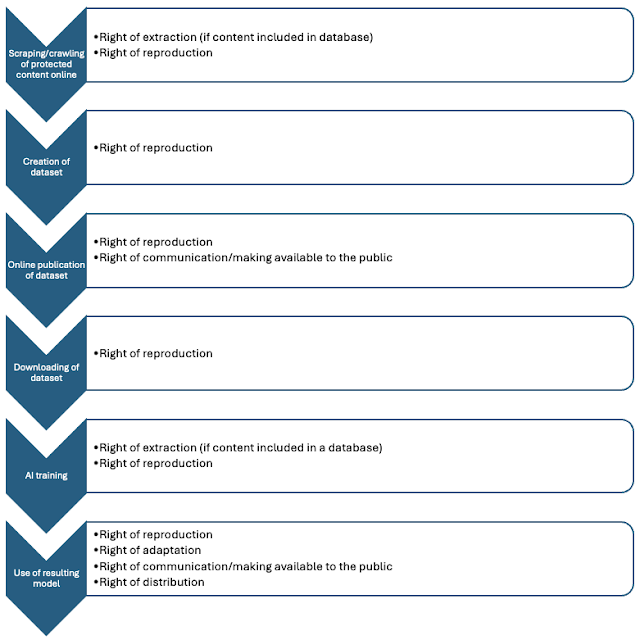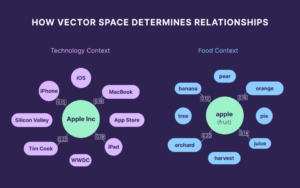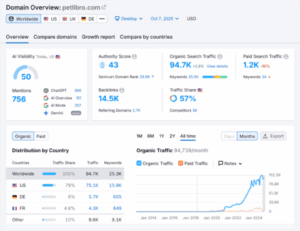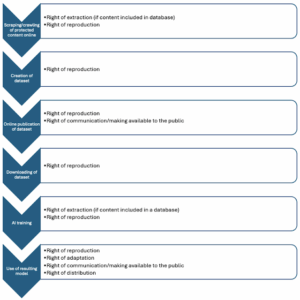“Unlocking Hidden Potential: How AI’s Overlooked Role in Content Creation Could Transform the Future”
Even in circumstances where an exception applies, “opting out” or “expressly reserving” rights does not usually change anything. Exceptions typically apply regardless of whether the rightsholder consents. That’s pretty much the point of exceptions: they expressly eliminate the need to acquire consent for a certain class of users or a certain type of use.
That being said, the EU recently created a major exception to the rules on rights reservation. Under EU law, commercial reuse of content for text and data mining is allowed unless the rightsholder expressly reserves its rights, in which case a license is required. This creates a strong incentive for rightsholders to place explicit language barring the activity and is one major reason that we see this language now. Uniquely, under EU copyright law, silence implies consent to that specific exception. In addition, under US law, explicitly reserving rights in this manner will never harm a plaintiff in a copyright infringement suit. It might help and it might not (it will not help if it is fair use), but it will never hurt, especially before a jury or in a damages inquiry.









